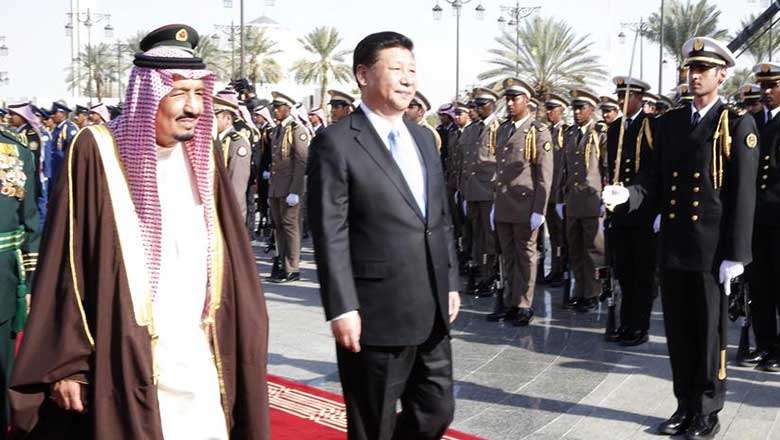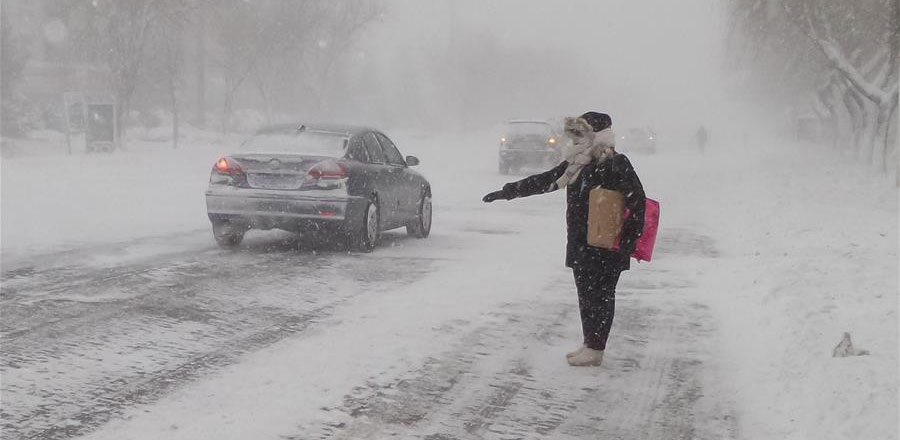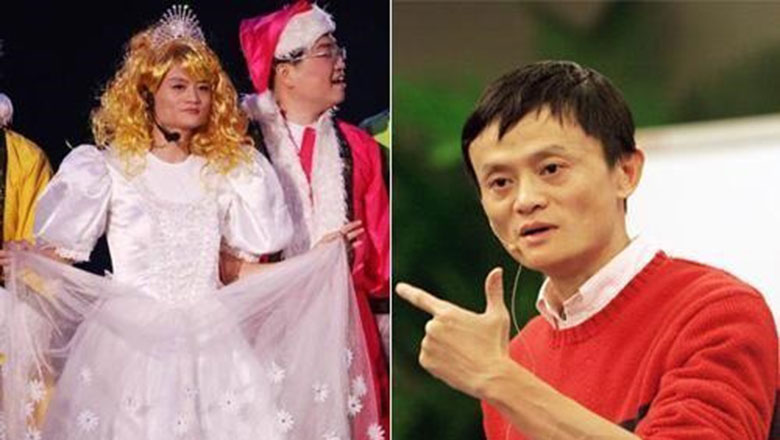Economic recovery depends a lot on external factors: Experts
Updated: 2016-01-22 14:58
By Jiang Xueqing(chinadaily.com.cn)
|
||||||||
Chinese economy faces greater uncertainty in 2016 than last year, economists with the Bank of Communications Co Ltd said on Thursday.
The prospect of global economic recovery is still unclear. If the US Federal Reserve raises interest rates continuously, it will cause emerging economies to suffer capital outflows and local currency depreciation. China is under pressure of de-capacity and industrial deflation, and whether real estate investment will stabilize remains uncertain.
This means the stabilization of Chinese economy depends more on global economic recovery, the Fed rate hike and domestic real estate investment, as excess capacity cannot be reduced in a short term, said Lian Ping, chief economist at the Bank of Communications.
He predicts that the economy will grow at 6.7 percent this year with further downward pressure in the first six months. But the economy will stabilize after the second quarter, as the government will strengthen the current fiscal and monetary policies and the previous policies will take effect gradually.
Cross-border capital outflows have accelerated significantly in China since the second half of 2015, with rising market expectations for Fed rate hike and the strengthening of US dollar. Funds outstanding for foreign exchange fell by 2.8 trillion yuan for the year 2015. Net outflows of non-foreign direct investment hit nearly $500 billion.
The country will continue to face a huge pressure of capital outflows in 2016. Economists with the Bank of Communications expect that funds outstanding for foreign exchange will drop by 2.7 trillion yuan ($410 million) and net outflows of non-foreign direct investment will reach $400 billion to $500 billion.
Lian said the renminbi will depreciate against the dollar moderately in stages but will not depreciate drastically. He expects that the central government will consume a certain amount of foreign reserves and allow the renminbi to depreciate against the US dollar to a certain extent, in an effort to deal with the depreciation pressure on the Chinese currency and to sustain stability of the renminbi against a basket of currencies.
According to his estimation, the growth of fixed assets investment will drop 50 basis points from 2015 to 9.5 percent in 2016, among which the growth of investment in the manufacturing sector will fall from 8.1 percent to 5.5 percent, while the growth of real estate investment will rise from 1 to 3 percent.
- Powerful snowstorm threatens US East Coast; flights canceled
- 2015 Earth's hottest year on record: US agencies
- 8 killed in car bomb near Russian Embassy in Kabul
- Researchers find possible ninth planet beyond Neptune
- Former US VP candidate Palin endorses Trump with a 'hallelujah'
- Gunmen kill at least 19 after storming Pakistan university

 Egyptian welcome for Chinese President Xi Jinping
Egyptian welcome for Chinese President Xi Jinping
 Robots reads China Daily to stay up to date with news in Davos
Robots reads China Daily to stay up to date with news in Davos
 China's Yao honored with Crystal Award in Davos
China's Yao honored with Crystal Award in Davos
 Happy memories warm the winter
Happy memories warm the winter
 World's images of the day
World's images of the day
 Xi boosts ties with Saudis
Xi boosts ties with Saudis
 Cold wave sweeps across China
Cold wave sweeps across China
 Internet tycoons' wacky costumes are annual galas' highlight
Internet tycoons' wacky costumes are annual galas' highlight
Most Viewed
Editor's Picks

|

|

|

|

|

|
Today's Top News
National Art Museum showing 400 puppets in new exhibition
Finest Chinese porcelains expected to fetch over $28 million
Monkey portraits by Chinese ink painting masters
Beijing's movie fans in for new experience
Obama to deliver final State of the Union speech
Shooting rampage at US social services agency leaves 14 dead
Chinese bargain hunters are changing the retail game
Chinese president arrives in Turkey for G20 summit
US Weekly

|

|








